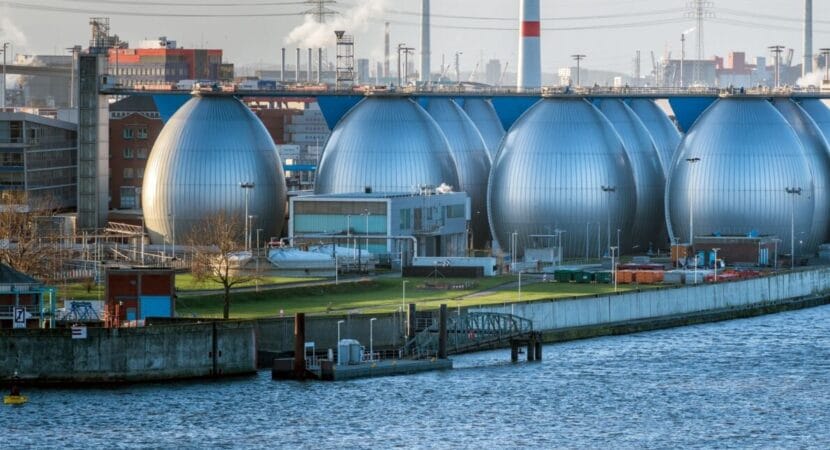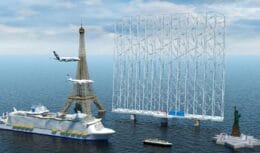
New desalination plant located in SP will be able to transform seawater into drinking water for thousands of people, resulting in 22% in supply for residents and tourists.
Water is fundamental for all forms of life, both for humans and other species. However, not all regions of the world have easy access to clean water. A clear example of this disparity is Ilhabela, in the state of São Paulo, which faces one of the most serious problems of adequate water supply in the entire state. Faced with this situation, the city plans to implement the first desalination plant, an ambitious project that will convert seawater into drinking water, seeking to mitigate this critical shortage.
Desalination plant in SP gets residents excited
This week, the Basic Sanitation Company of the State of São Paulo (Sabesp) announced a notice for companies interested in the desalination plant construction project. The objective of the proposal is to expand the production and distribution system to provide drinking water to a quarter of the population residing in Ilhabela, that is, around 8 thousand people. The total population is 35 thousand inhabitants.
The plant capable of transforming seawater into drinking water will work as follows: water will be collected from the sea in the region and the machinery will process it at up to 30 liters per second. The result will be a 22% increase in the supply of drinking water for residents and tourists. Furthermore, Sabesp states that production will continue to supply the same percentage during the high season period.
According to Renato Giani Ramos, coordinator of the National Technical Chamber for Desalination and Water Reuse of the Brazilian Association of Sanitary Engineering, it is crucial to address the diversification of the water matrix. This need stands out especially when we remember the serious water shortage that hit São Paulo a few years ago.
Desalination plant in SP will use the reverse osmosis technique
For Giani, if the association works better with different resources and not only extracts from groundwater, surface waters, but also manages to extract drinking water from the sea, it will be possible to achieve a balance in the water matrix.
The element will be removed from the banks of Ribeirão Água Branca and, at the desalination plant in SP, capable of transforming seawater into drinking water, it will undergo a complete desalination process, with pre-treatment using ultrafiltration or another equivalent technology.
Salt removal will be carried out by reverse osmosis technique, a method that applies high pressure to a quantity of seawater; After passing through a membrane, all salt particles are removed.
The liquid also undergoes a remineralization treatment and is finally ready to be consumed. Companies interested in building a desalination plant in SP can submit proposals until June 25th.
Plant capable of transforming seawater into drinking water will be ready by 2026
A Sabesp states that the construction of the desalination plant will be implemented sometime in 2026. According to what Sabesp describes in a statement about the notice, desalination is a technology widely used in places such as Dubai, Israel and California, among others.
It uses reverse osmosis technology, a process used internationally. The desalinated water will be transported to a reservoir located at the Água Branca Water Treatment Station (ETA), where it will be distributed for consumption by the population.
With the ability to transform seawater into drinking water, Sabesp continues to advance in the adoption of innovative technologies and places Ilhabela as a hub for innovation in sanitation. It is worth mentioning that there are already other similar initiatives involving desalination plants in the states of Ceará and Espírito Santo.









